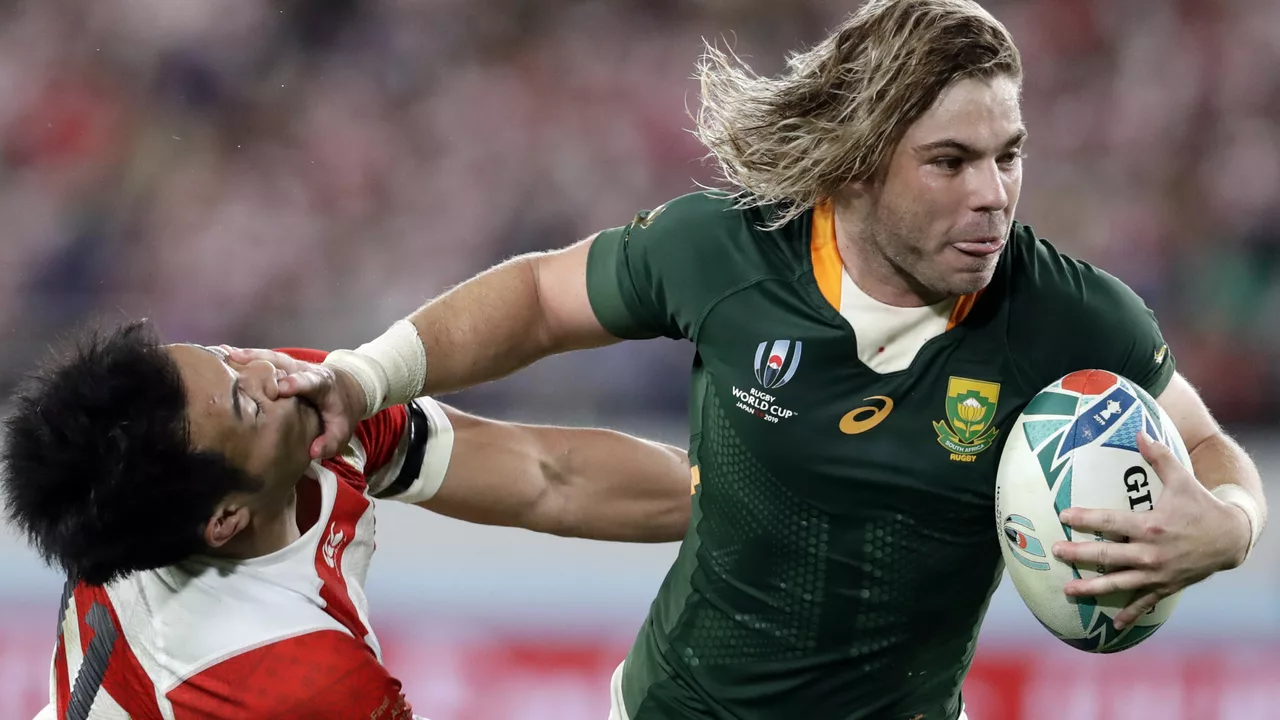Introduction to South Africa's Rugby History
As a rugby fan and a blogger, I have often wondered why South Africa, with all its rich talent and passion for the sport, hasn't won more Rugby World Cups. The country has produced some of the finest players in the history of the sport and has a massive fan base that passionately supports the national team, the Springboks. Yet, their record in the Rugby World Cup isn't as stellar as one would expect. In this article, I will delve into why this might be the case.
The Impact of Apartheid on South African Rugby
To understand the trajectory of South African rugby, we must first understand how the country's history has impacted the sport. The apartheid era, which lasted from 1948 to 1994, significantly hampered the development of rugby in South Africa. During this time, the country was excluded from international sporting competitions, including the Rugby World Cup, due to its racially discriminatory policies.
Post-Apartheid Reintegration
The lifting of apartheid in 1994 and the reintegration of South Africa into the international sporting community was a significant milestone. However, the effects of the long isolation had taken their toll. The Springboks had missed the first two editions of the Rugby World Cup in 1987 and 1991, and the team had to rebuild and compete without the benefit of global exposure and experience.
Lack of Grassroots Rugby Development
Another significant factor is the lack of extensive grassroots rugby development. For a nation to be consistently successful in any sport, there needs to be a strong focus on nurturing talent from a young age. Unfortunately, for a long time, rugby in South Africa was largely confined to elite schools, with very little attention given to developing the sport in less privileged areas.
The Slow Pace of Transformation
The slow pace of transformation in South African rugby has also been a limiting factor. Despite the end of apartheid, the sport has struggled to shake off its image as a game for the white elite. Efforts have been made to make rugby more accessible and appealing to the black majority, but progress has been slow, and this has undoubtedly affected the depth and diversity of the talent pool.
The Power of the Southern Hemisphere Rivals
Let's not forget about the strength of South Africa's competition. The Southern Hemisphere is home to some of the most formidable rugby nations in the world, including New Zealand and Australia. These countries have consistently fielded strong teams, and competing against them has been a tough task for the Springboks.
The Influence of Coaching and Leadership
The importance of strong coaching and leadership cannot be overstated in any team sport, and rugby is no exception. South Africa has had its share of coaching controversies and leadership issues over the years, which have undoubtedly affected the team's performance on the world stage.
Conclusion: The Future of South African Rugby
Despite these challenges, I believe the future of South African rugby is bright. The country's recent success in the 2019 Rugby World Cup is a testament to this. With the right investment, grassroots development, and a commitment to transformation, there's no reason why South Africa can't win more Rugby World Cups in the future. The passion for rugby in this country is undeniable, and with the right approach, I am confident that we will see the Springboks lift the Webb Ellis Cup again.
